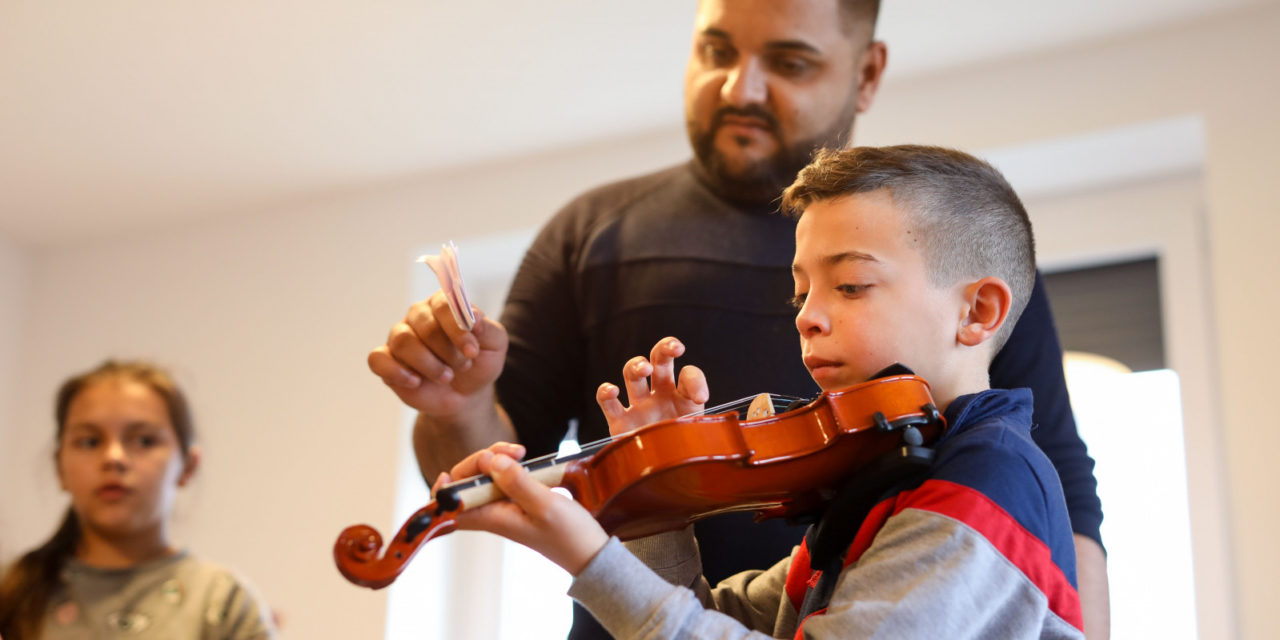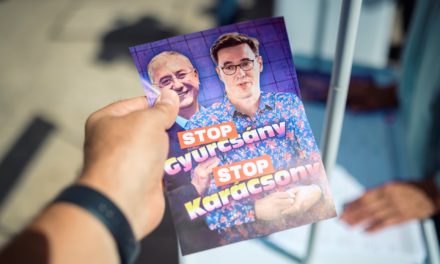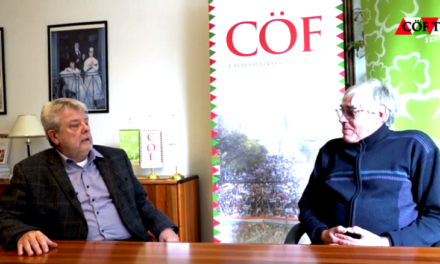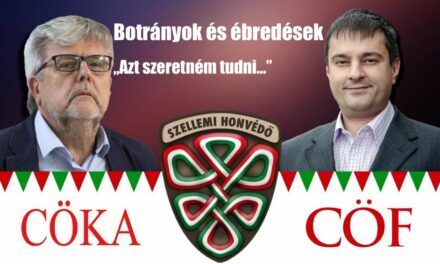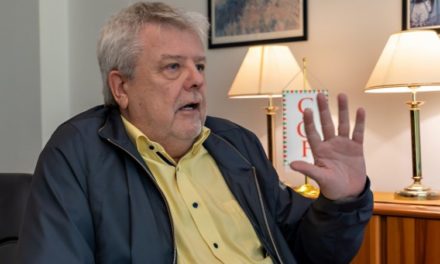Violinist László Berki, coordinator of the Symphony program of the Hungarian Maltese Charity Service and violin teacher, holds violin lessons for elementary school students in eight settlements in Nógrád, including Ságujfalu. The Magyar Kurír talked to him in the Jelenlétház run by the charity service and Szent Ferenc Szégényei Alapítvány in the village of 1,000 inhabitants. We are looking at this conversation.
The Symphony program of the Maltese Charities started in 2013 at sixteen locations, with the aim of helping the social integration of disadvantaged children with school problems. In 2020, the Ministry of the Interior and the General Directorate of Social Opportunities announced a basic music education program based on the methodology of the Maltese Symphony program. As part of this, music classes were started in sixty-seven rural settlements, thirty-four of which were taught by the teachers of the program.
Berki: I was given this task in Nógrád county, because I had already participated in the program as a volunteer teacher at the charity service in Heves and Jász-Nagykun-Szolnok counties. Tarnabod, the Mecca of the Malta Symphony program, is very close to my heart. Work began here ten years ago, with a paper violin. In the last decade, music has become so integrated into the life of the particularly disadvantaged settlement that our classes have become part of the everyday life of the elementary school
Music has been part of my life since birth. I have been playing music since I was four years old, and I myself have participated in similar programs. I believe that I was given the various opportunities by the grace of God, as well as the fact that I was born into a family of musicians. We deal with children who live in poverty, and their living conditions, among many other things, did not allow them to get close to a musical instrument. There are fates that affect us very sensitively. We want to socialize the children, create a community, find out who belongs where in a band.
Our goal is to form a band out of students, even at the national level, and not just out of talented ones. Let everyone have a sense of success so that they can realize what their role can be in a community, in society. This is how we educate children and prepare them for everyday life. The sessions are not always just about the music.
We establish a direct, friendly relationship with them, and the instrument is a great tool for this. We may not be able to achieve this goal through the teaching of physics or mathematics, because these subjects do not necessarily capture the attention of many students in the same way that music does. We also meet problem children with behavioral disorders. In Tarnabod, unfortunately, we also came into contact with children who already struggled with drug problems when they were in elementary school. Others encountered prostitution at an early age. There are sad examples in front of them, but also real success stories. We were able to get several disadvantaged children to be admitted to the Béla Bartók Music and Dance High School in Miskolc, they want to become violin teachers and artists. Tarnabod and Tarnazsadány are examples to be followed at the national level. I am grateful that we were able to cooperate with organizations such as the Szent Ferenc Szegényei Alapítvány in the Catching Up Settlements program.
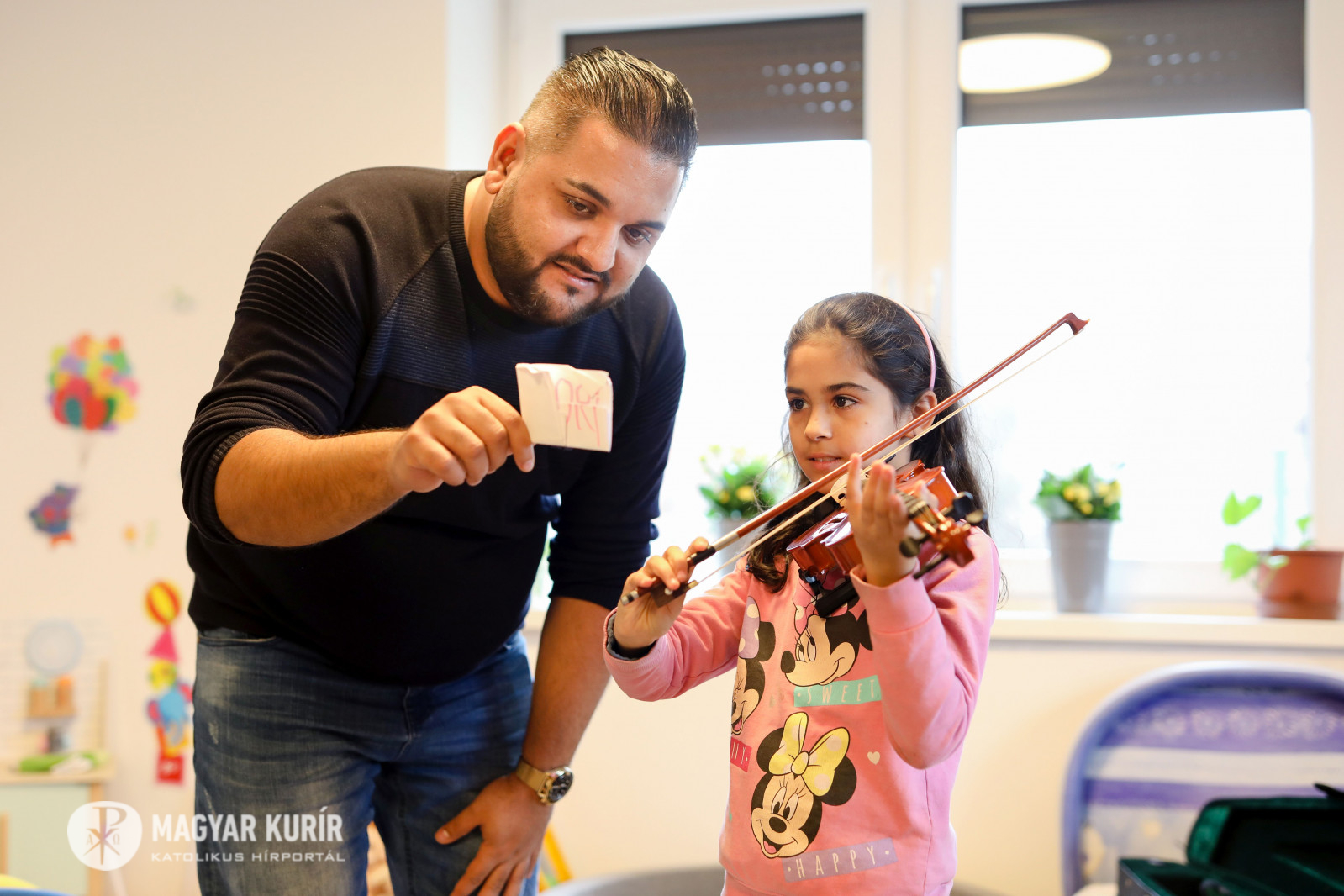
Source: Hungarian Courier
Last year there was a problem child in Nagybárkány. He was an excellent guitar player, but extremely undisciplined in lessons. The headmaster of the elementary school said that he should be counseled, he is so unmanageable and does not study. Playing the guitar was very important to him, but that alone is not enough. I sat down to talk with him and explained, “Things don't work if you're good in one place and bad in another. What do you see in a guitarist?
An artist is one who earns his living with his mind, talent, and diligence, supports his family, and creates and creates lasting cultural value. You can't act like that, it's not worthy of holding an instrument in your hands."
And wonder of wonders, his behavior has changed since then, the school said that his academic results have improved, he is not naughty with the teachers and gets along with his classmates. We encourage our students to try to approach everyone with love, understanding and empathy. Not all of them can become musicians, but by learning music, all of them will increase their chances of succeeding in life.
We try to reach everywhere. There are places where the social conditions are more favorable, but there are also settlements where appalling conditions prevail. I was able to travel around the world, perform in front of fourteen thousand people, play with the biggest bands. I thank God for all this, he showed me the way to go.
What I have received from the Good Lord, talent and opportunity, I must give back to others in some way.
The best way to do this is to work with children and pass on my knowledge to them. It is a gift for me that for the second year in Nógrád county I can coordinate the locations of the Maltese Symphony program. The first year was affected by the Covid epidemic, but I hope that in the future we will be able to touch more and more children with the beauty of music.
Source, full article and pictures: Magyar Kurír

